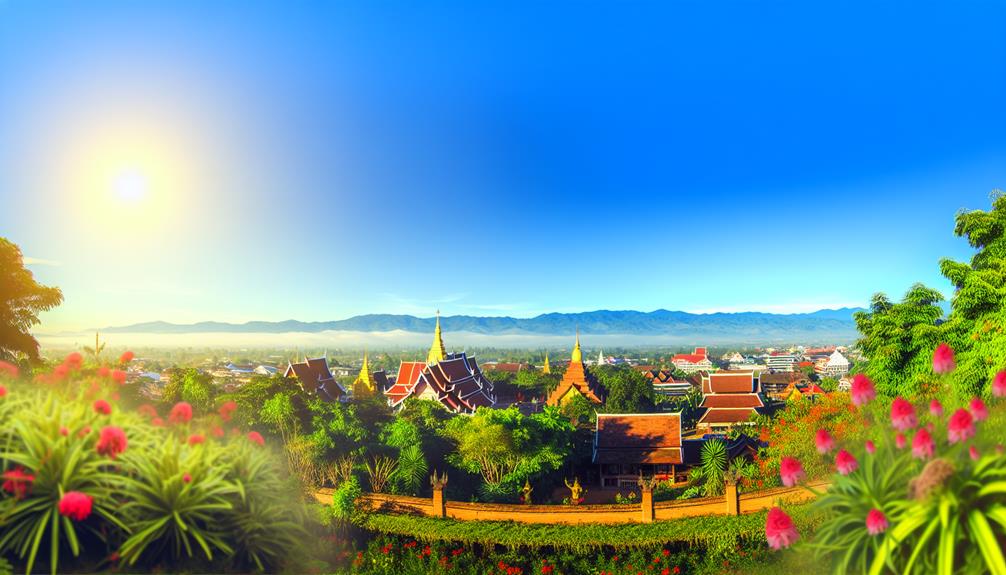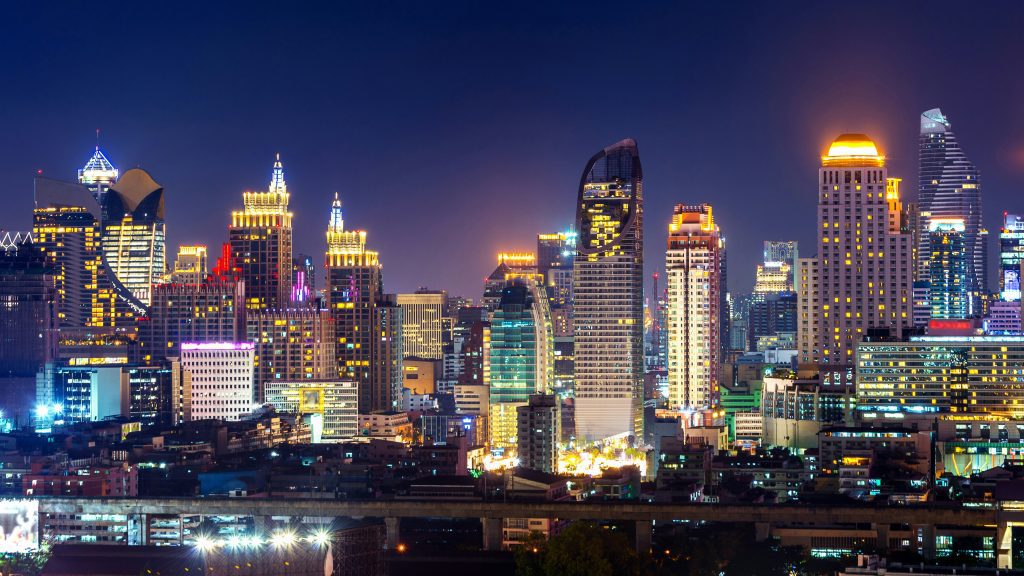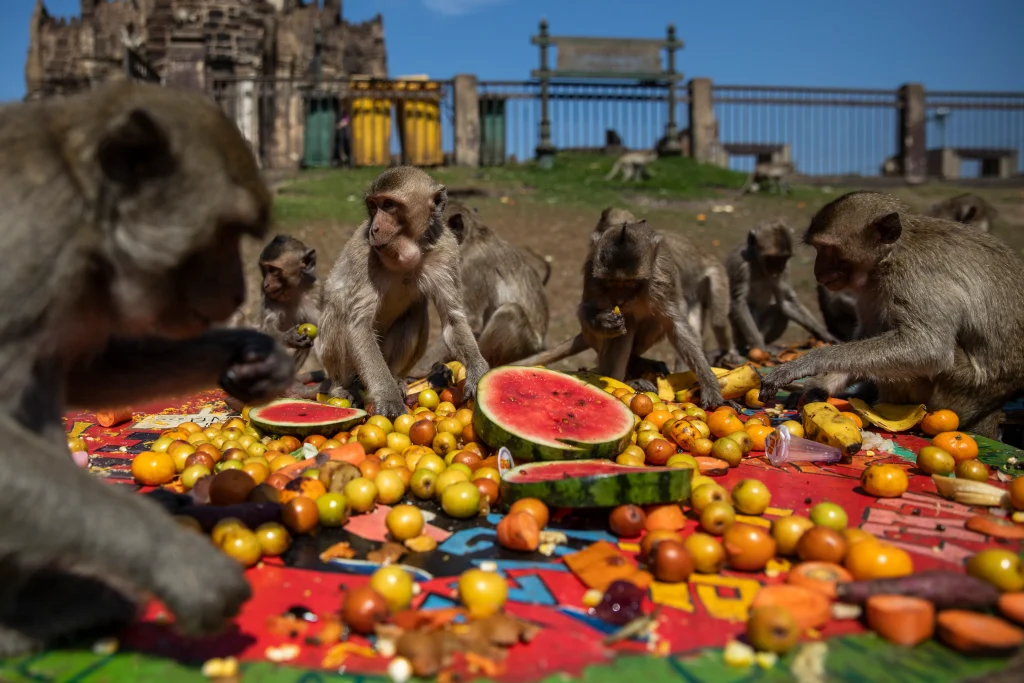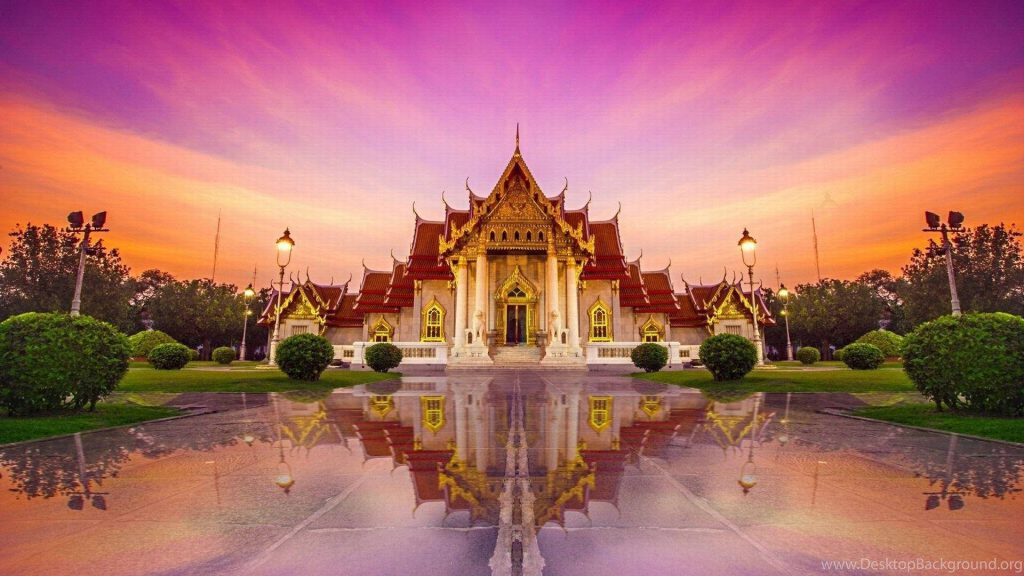Chiang Mai, the serene jewel of Northern Thailand, is renowned for its temperate climes, a welcoming reprieve from the sweltering tropics that characterize much of the country. The city's unique weather patterns are not only a source of comfort but also serve as a canvas for a rich tapestry of cultural events and natural beauty.
With a seasonal rhythm that dictates the local lifestyle, each part of the year offers a distinct experience, from the cool embrace of the winter months to the nurturing rains that bring the countryside to life. Prospective visitors and climate enthusiasts alike may find themselves intrigued by the question of when to plan their journey to this highland haven.
To gain a deeper comprehension of Chiang Mai's meteorological allure, one must consider the nuances of its seasonal cycles and the corresponding local festivities, all of which highlight the optimal windows for an enchanting visit.
Chiang Mai Climate Overview
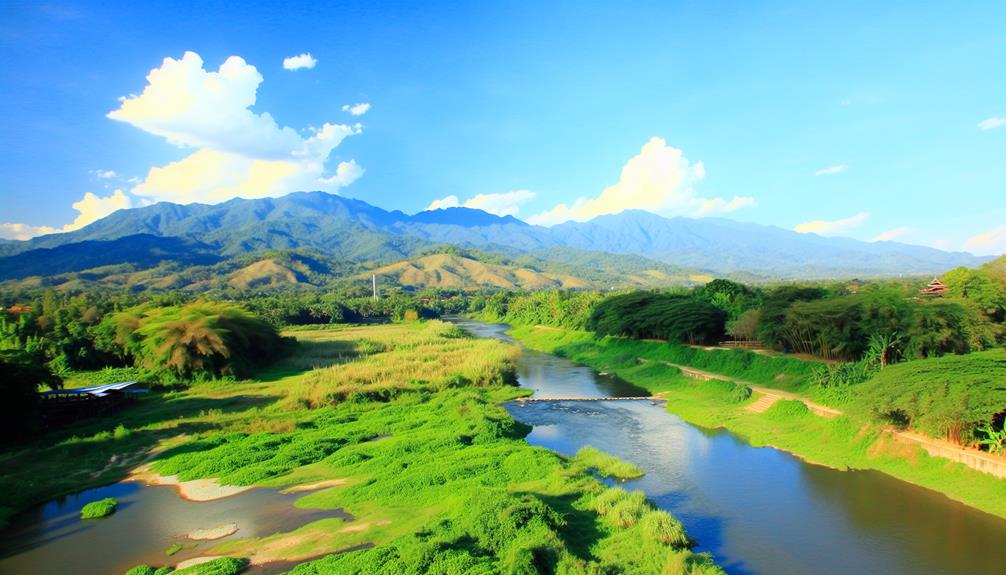

Nestled in the mountainous terrain of northern Thailand, Chiang Mai enjoys a more temperate climate than much of the country, with three distinct seasons shaping its weather patterns.
The city's higher altitude contributes to its milder temperatures and reduced humidity, presenting a welcome respite from the intense heat encountered in other regions.
Chiang Mai's cool season, spanning November to February, offers a dry and comfortable climate, ideal for outdoor activities and experiencing local festivals.
Transitioning into the hot season from March to May, the temperature rises significantly, yet it remains slightly cooler than the sweltering heat typical of Bangkok.
The rainy season, from June to October, is characterized by brief, refreshing showers that maintain the lushness of the surrounding landscapes.
Optimal Visitation Periods
Determining the ideal time for a visit to Chiang Mai hinges on one's preferences for weather and cultural events. The cool and dry months between November and February are particularly favorable for those seeking outdoor adventures and traditional festivals. During this period, the climate is temperate and conducive to exploring the mountainous landscapes and engaging in the city's vibrant cultural life. The Loi Krathong and Chiang Mai Flower Festival are highlights, offering unique experiences amidst pleasant conditions.
Conversely, the hot season from March to May, while offering hotel deals, presents a warmer climate suitable for leisure by the pool and nocturnal excursions.
For fewer crowds and cost savings, the rainy season from June to October provides intermittent showers that rarely disrupt a well-planned itinerary.
Celebratory Events and Festivals
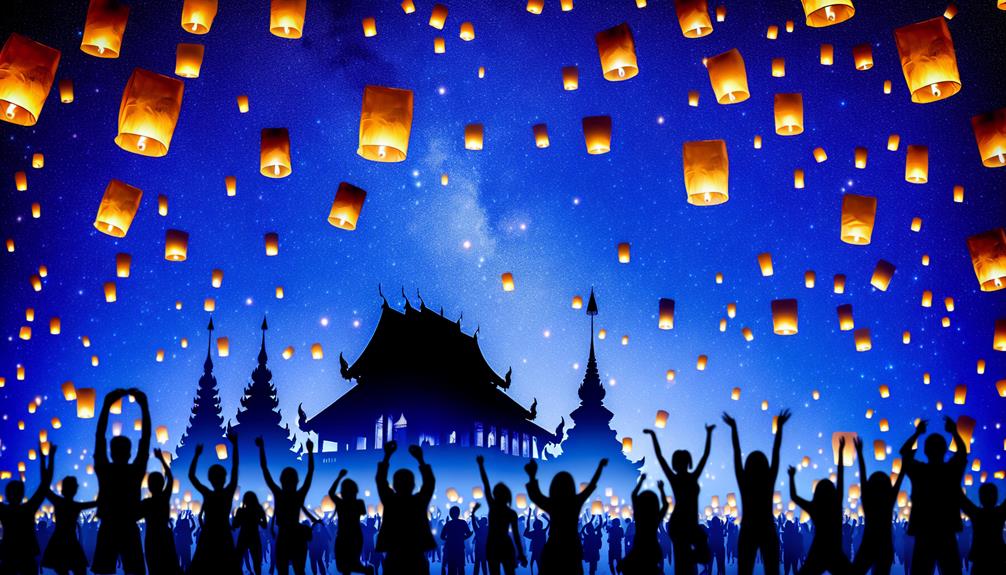

Chiang Mai bursts into a kaleidoscope of color and tradition during its numerous festivals and events, drawing visitors into the heart of Thai culture. Each celebration offers a unique glimpse into the region's rich heritage and communal spirit.
The Bo Sang Umbrella Festival in January illuminates the artistry of local crafts, while the Chiang Mai Flower Festival in February paints the city with vibrant blooms.
April's Songkran Festival invites everyone into exuberant water fights, marking the Thai New Year. The sky later ignites with the fiery trails of rockets during the May Rocket Festival.
The apex of Chiang Mai's festive spirit culminates in November's Yi Peng Festival, where thousands of lanterns ascend into the night, creating a mesmerizing spectacle of light.
Cultural Immersion Opportunities
While Chiang Mai's festivals offer a window into Thai traditions, the city also presents abundant opportunities for visitors to immerse themselves in local culture beyond the annual celebrations.
Engaging in private tours specifically tailored to cultural exposure allows tourists to delve deeper into the Thai way of life. These experiences are crafted to facilitate a genuine understanding of local customs and traditions. Visitors can explore bustling markets, savor authentic Thai flavors, and participate in unique cultural activities.
The interaction with local artisans and residents further enriches the experience, offering a real taste of Chiang Mai's vibrant community life. Such cultural immersion not only enhances one's visit but also fosters greater global awareness and appreciation for the rich tapestry of Thai culture.
Frequently Asked Questions
How Does the Air Quality in Chiang Mai Vary Throughout the Year, and What Are the Best Months for Visitors With Respiratory Issues?
Air quality in Chiang Mai fluctuates annually, with March to April seeing higher pollution. Visitors with respiratory issues should consider November to February for the best air conditions and a comfortable visit.
Are There Any Specific Health Advisories or Vaccinations Recommended for Travelers Heading to Chiang Mai During Different Seasons?
Travelers to Chiang Mai should consult health professionals for current advisories and recommended vaccinations, such as Hepatitis A and B, Typhoid, and routine vaccines, which may vary by season and individual health needs.
How Do the Changing Seasons in Chiang Mai Affect the Local Wildlife and Nature Excursions Available to Tourists?
The changing seasons in Chiang Mai influence wildlife activity and nature excursions, with certain species more visible or active during cooler months, and lush landscapes following the rainy season, enhancing outdoor tourist experiences.
What Are Some of the Lesser-Known Local Events or Village Festivals in Chiang Mai That Tourists Can Experience Outside of the Main Tourist Season?
Tourists can discover Chiang Mai's unique charm through lesser-known events, such as the Poy Sang Long Festival and the Inthakin City Pillar Festival, offering deep cultural immersion beyond the peak tourist seasons.
Can Visitors Expect Any Significant Variations in Day Length or Sunlight Hours Across Different Seasons in Chiang Mai, and How Might This Impact Outdoor Activities and Travel Plans?
In Chiang Mai, daylight hours vary slightly across seasons, with longer days in summer. This can extend outdoor activities during the hot season and influence travel itineraries by providing more daylight for exploration and tours.
Conclusion
In summary, Chiang Mai's temperate climate significantly enhances its appeal as a travel destination, especially during the cool season. The city's distinct seasonal variations cater to diverse visitor preferences, aligning optimally with an array of cultural festivities and events.
For those seeking a blend of agreeable weather and rich cultural experiences, the cool period from November to February emerges as the prime time for exploration and enjoyment of Chiang Mai's unique offerings.

